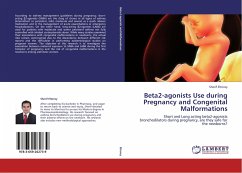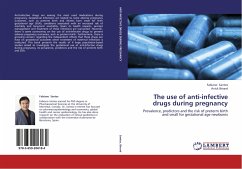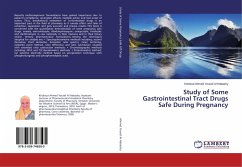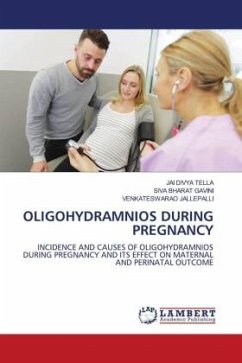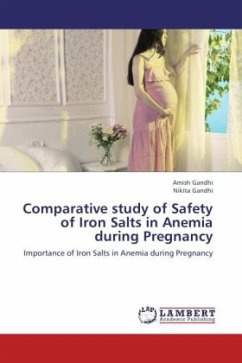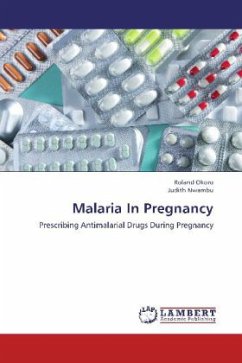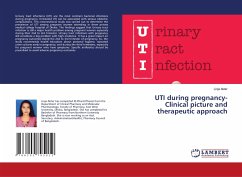According to asthma management guidelines during pregnancy, short-acting 2-agonists (SABA) are the drug of choice in all types of asthma [intermittent or persistent, mild, moderate and severe] as a quick reliever medication and in the management of acute exacerbations or emergency hospitalizations. On the other hand, long-acting 2-agonists (LABA) are used for patients with moderate and severe persistent asthma not fully controlled with inhaled corticosteroids alone. While many studies examined their associations with congenital malformations in newborns, the actual risks remain controversial due to the discordance between different risk reports and the difficulties in performing epidemiological studies on pregnant women. The objective of this research is to investigate the association between maternal exposure to SABA and LABA during the first trimester of pregnancy and the risk of congenital malformations in the newborns among asthmatic women.
Bitte wählen Sie Ihr Anliegen aus.
Rechnungen
Retourenschein anfordern
Bestellstatus
Storno

